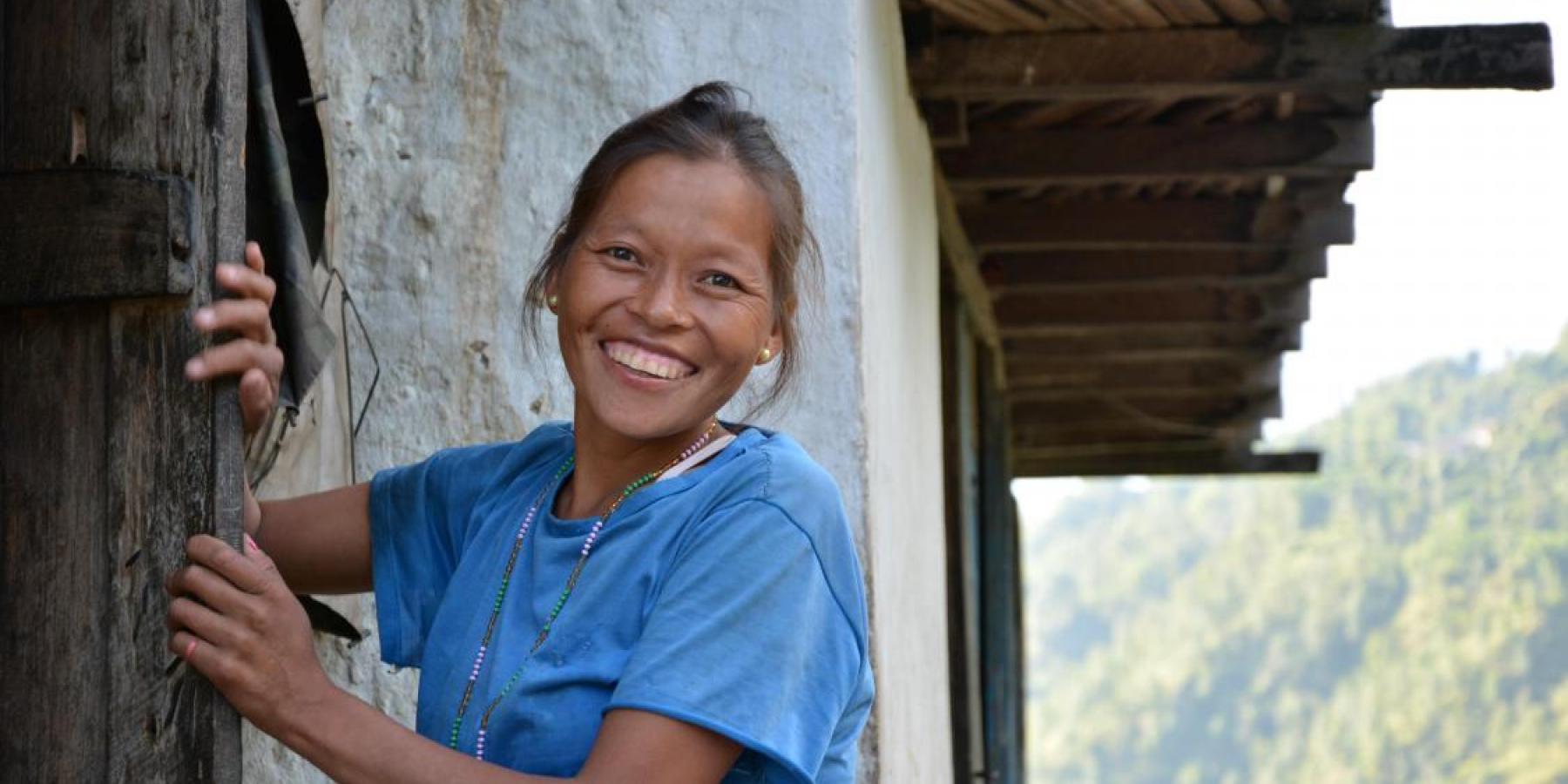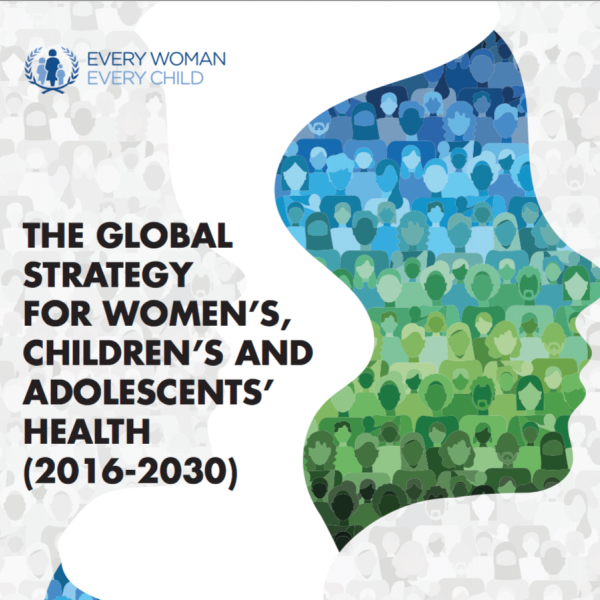Noncommunicable diseases (NCDs) are responsible for 39.5 million deaths every year and 50% of the disability burden worldwide. Populations in low- and middle-income countries (LMICs) bear a disproportionate share of the burden, with over 80% of all preventable deaths under the age of 70 occurring in these countries.
Women and girls face a particularly high risk:
Approximately two out of every three women die from an NCD, amounting to 16.8 million deaths.
Driving this needless loss of life is persistent exposure to the leading modifiable risk factors for NCDs – tobacco use, physical inactivity, unhealthy diets, and harmful use of alcohol - often coupled with other health conditions, including those related to reproductive, maternal, child, and adolescent health (RMNCAH). When seeking care, women are subject to the gender bias inherent within many health systems, a further obstacle in equitable access to the continuum of prevention and treatment services.
Without specific attention to the needs of women and girls, the impact of NCDs will unravel the fragile health gains made over the past twenty years and undermine future efforts to ensure gender equity and healthy lives for all. Our focus going forward includes actions to integrate the RMNCAH and NCD agendas, in order to protect and preserve the momentum to address the needs of women and girls across the lifecourse.
The NCD Alliance has an ongoing commitment to support the goals of
Every Woman Every Child (EWEC), a global movement mobilising and intensifying international and national action by governments, the UN, multilaterals, the private sector and civil society to address the major health challenges facing women, children and adolescents. The movement puts into action the
Global Strategy for Women’s, Children’s and Adolescents’ Health, which presents a roadmap on ending all preventable deaths of women, children and adolescents within a generation.
Further, the NCD Alliance
-
Collaborates with the Partnership for Maternal, Newborn and Child Health (PMNCH) an alliance of more than 720 member organisations, across seven constituencies focused on reproductive, maternal, newborn and child health;
-
Contributes to the Global Financing Facility which supports Every Woman Every Child; and
-
Engages with Women Deliver, a leading, global advocate for girls’ and women’s health, rights, and wellbeing, bringing together diverse voices and interests to drive progress in maternal, sexual, and reproductive health and rights.

